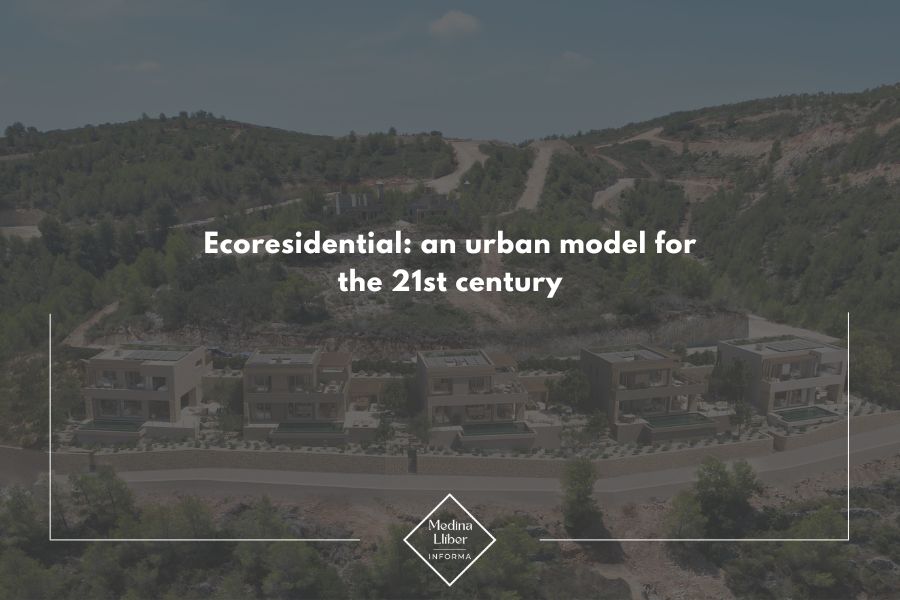One of the most repeated claims by opponents of PAI Medina Llíber is the supposed lack of water resources, when the real issue is the inefficiency of the existing transport networks, where up to 40% of extracted water is lost.
The project has been designed to optimise water use and minimise consumption through sustainable and technologically advanced solutions.
The system includes rainwater harvesting and reuse, the use of native Mediterranean plant species adapted to low water requirements, and modern, efficient supply networks. In addition, the favourable Environmental Impact Declaration confirms that the PAI does not generate new water demands nor produce environmental impacts outside regulatory limits.
These measures demonstrate a long-term commitment to hydric efficiency. They not only ensure a sustainable supply for the ecoresidential development but also align with the broader hydric sustainability goals of the Marina Alta region.
Medina Llíber shows that urban development can coexist with responsible water management. The innovation applied throughout the project will help reduce consumption, preserve landscape quality and ensure a balanced and lasting relationship with the natural environment.



